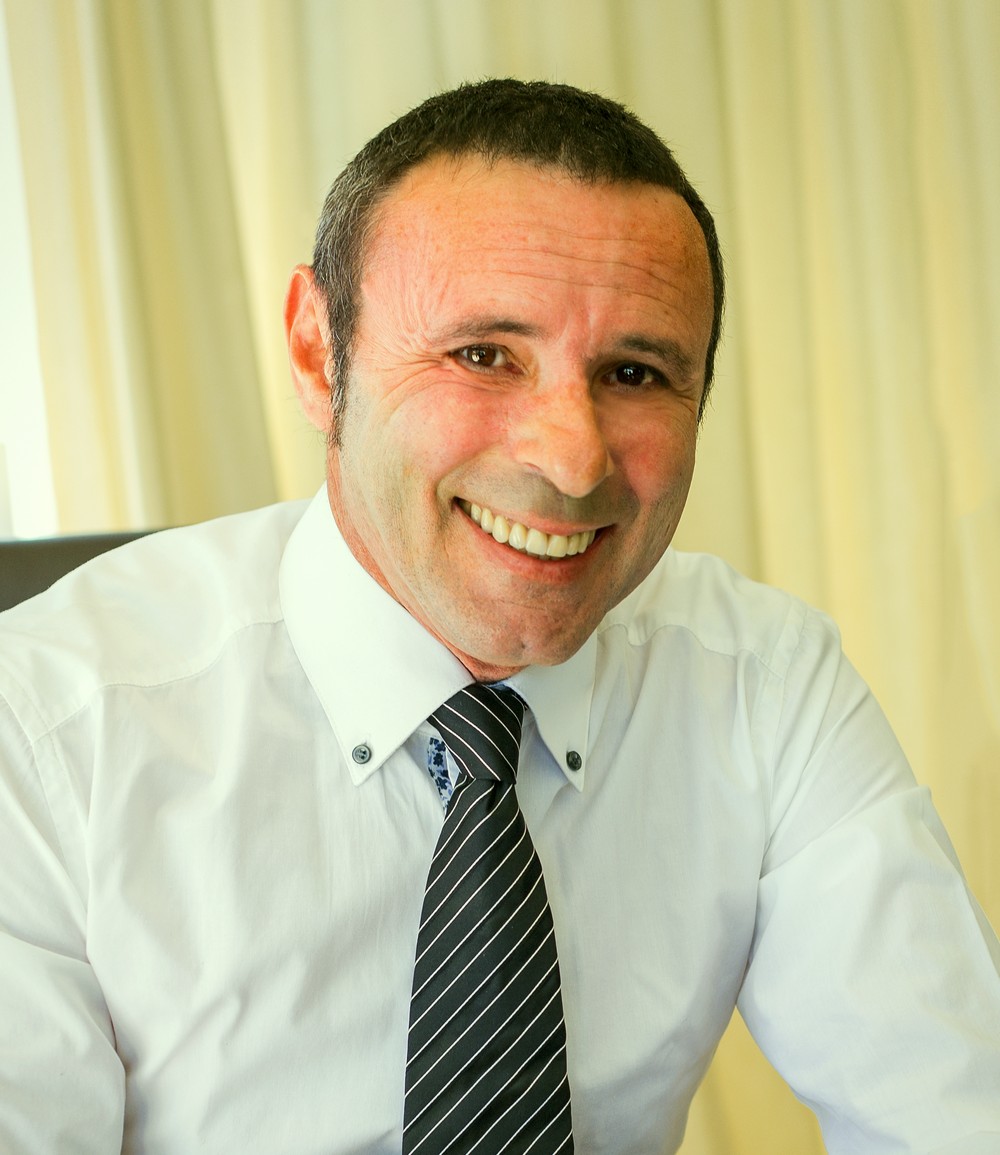
Guest article by Peter Weisz
Although there are many types of clinical conditions where the brain has been damaged, is malformed or misfunctions, such as in Savant syndrome, Autism, Down’s Syndrome, Tourette’s, Schizophrenia or Dementia for example, there are also a number of psychological conditions that fall under the heading of “Mental illness” that can be treated with therapy. These can range from Addictions – (to drugs, prescription or otherwise, gambling, shopping, work, exercise, computer games, violence, criminal behaviour, sex or pornography, money, – also incorporating Alcoholism, Self-mutilation, Anorexia Nervosa or Bulimia , plus many more) and a number of other emotional sicknesses categorized with the label of “Borderline Personality Disorders” including Obsessive Compulsive Disorder (OCD), Attention Deficit Hyperactivity Disorder (ADHD), Post Traumatic Stress Disorder (PTSD), Asperger’s Syndrome, Clinical Depression, Bipolar, Hyper-anxiety, Anger issues, Co-dependence, Narcissism, Body Dysmorphia, Social anxiety and stress, as well as a host of other debilitating mind/body afflictions. More serious problems can include Psychosis, Psychopathic behaviour or certain types of Schizoaffective disorders which can result from serious trauma or abuse.
Those who have developed these types of maladies always exhibit self-destructive and abnormal behavioural and thinking patterns. Life, with all its daily challenges and complications can seem overwhelming because these conditions often cause emotional retardation or regression and the inability to form rational thought processes. These persons will find it extremely difficult to cope with general daily situations. Desperation, hopelessness and despair will often set in and in severe cases may even lead to thoughts of, or actual suicide attempts.
It is almost impossible to recover from these types of psychological and emotional difficulties without help and appropriate support. Therapy or counseling can be invaluable, as a professional therapist will be able to listen to a person’s stories and secrets, offer empathy and suggestions as to how to let go of suppressed emotions which build up inside and are the root cause of many of the ailments listed above. It is well known that suppressed emotions can lead to a variety of anxiety and stress based psychosomatic illnesses, including dysfunction of chemical activity in the brain, migraine, a range of allergies, heart and blood pressure problems, gastric, muscular or nervous system complications, fibromyalgia and even certain types of cancer.
Whilst specific types of medication can treat symptoms, one to one therapeutic support sessions provide the best results for recovery, as the aim of therapy or counseling is to get to the main root of the problem. The therapist develops an interpersonal relationship with each client and addresses their unique and particular needs. This is of the utmost importance, as no two people are the same and therefore each client needs to be treated differently. There are no written rules or procedures that a therapist must follow, rather the therapist must be able to use their own intuition, based on their own personal experience, knowledge and expertise and by the phenomenon known as “transference” (the ability of the therapist to “read” or “feel” a person’s emotions beyond the spoken word), in order to devise the best way to treat each individual client accordingly. The success rate will depend on the client’s willingness to trust the therapeutic process, to open up and talk about their problems and ultimately to be able to release the pent-up emotions which lay within. Therapy, is a process of helping to re-train a person’s brain to enable them to develop new thinking patterns and therefore new and healthy coping mechanisms in order that they may sensibly deal with life’s daily challenges. Recent studies in the field of Epigenetics have shown that with support and guidance, regarding certain personality disorders, a person is able to “think themselves well” through the application of the power of their minds, thoughts and intentions which can alter their own brain chemistry. This, of course, takes time and practise, but this is at the very essence of – and the very reason for why therapy works for so many people.
More information can be found on the website below:
https://www.one2onecounseling.com/
By PETER WEISZ (Dip. HND.)
Peter is a recovering drug addict and has been working as a psychodynamic and specialist addictions counselor for 20 years.
Photo credit: Pixabay











